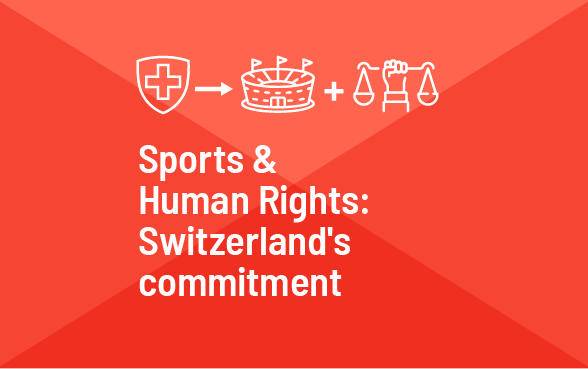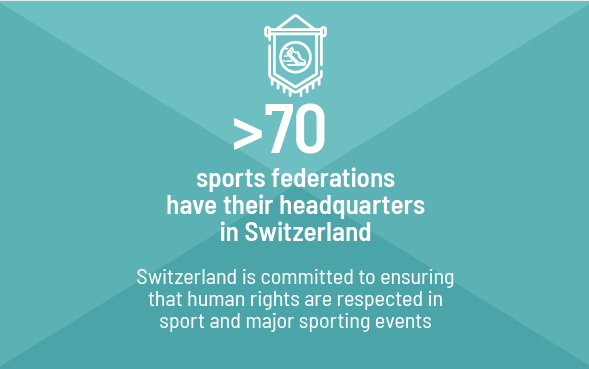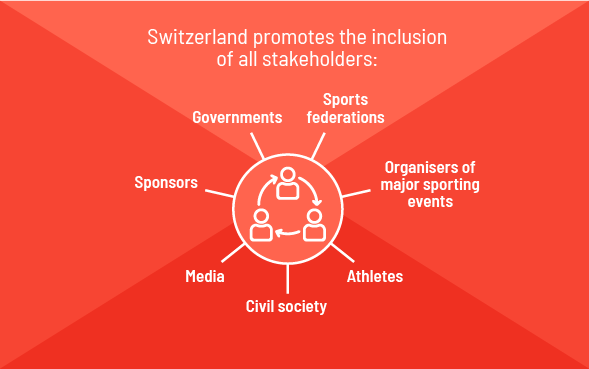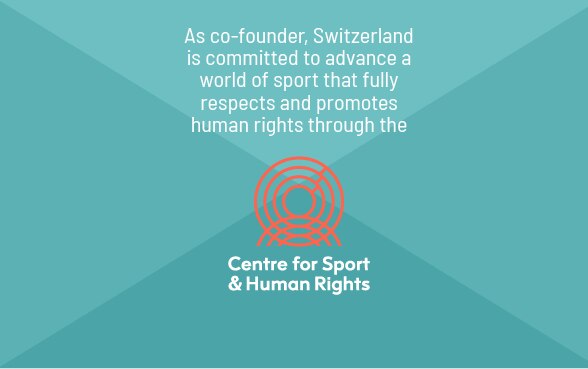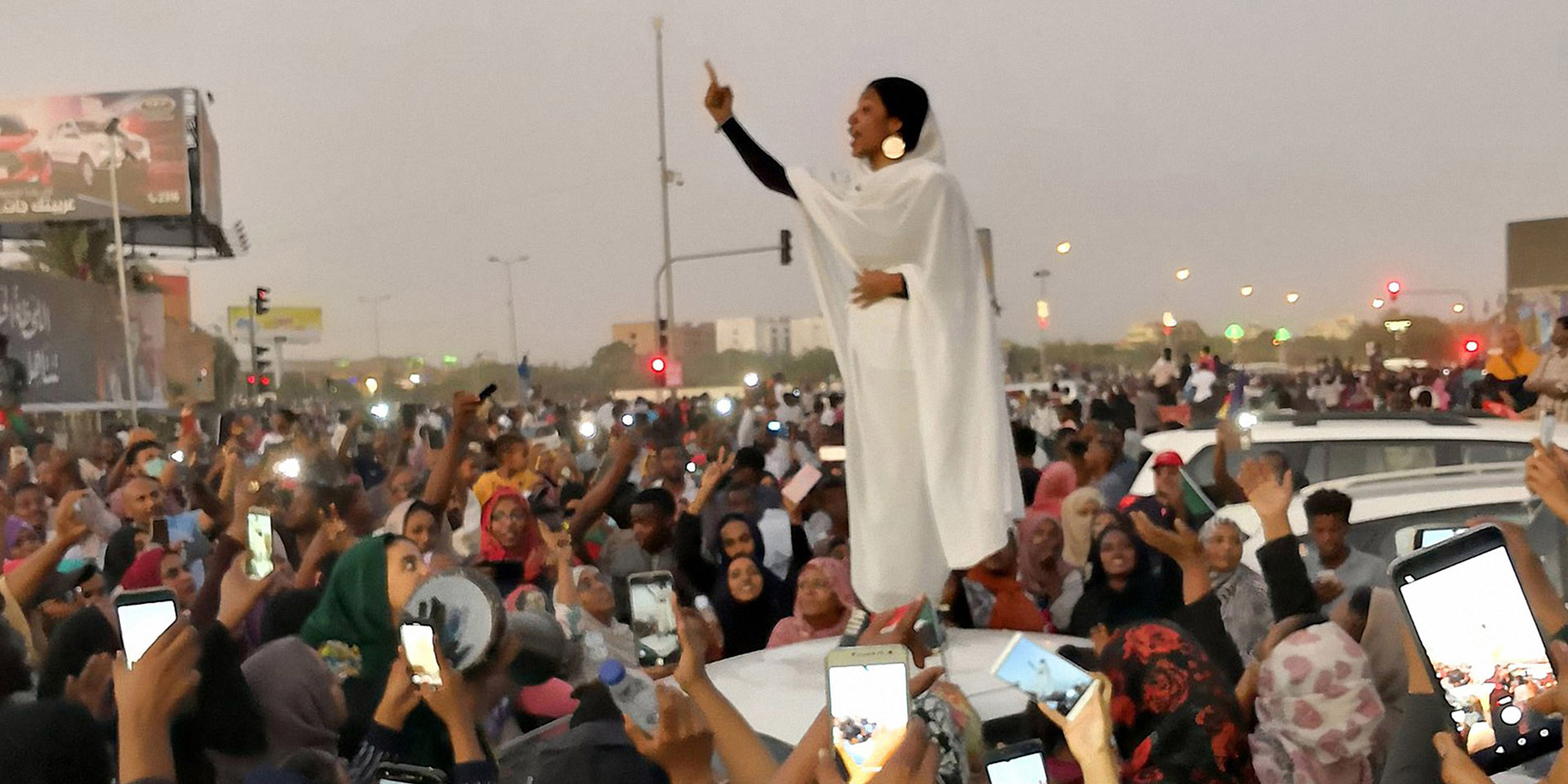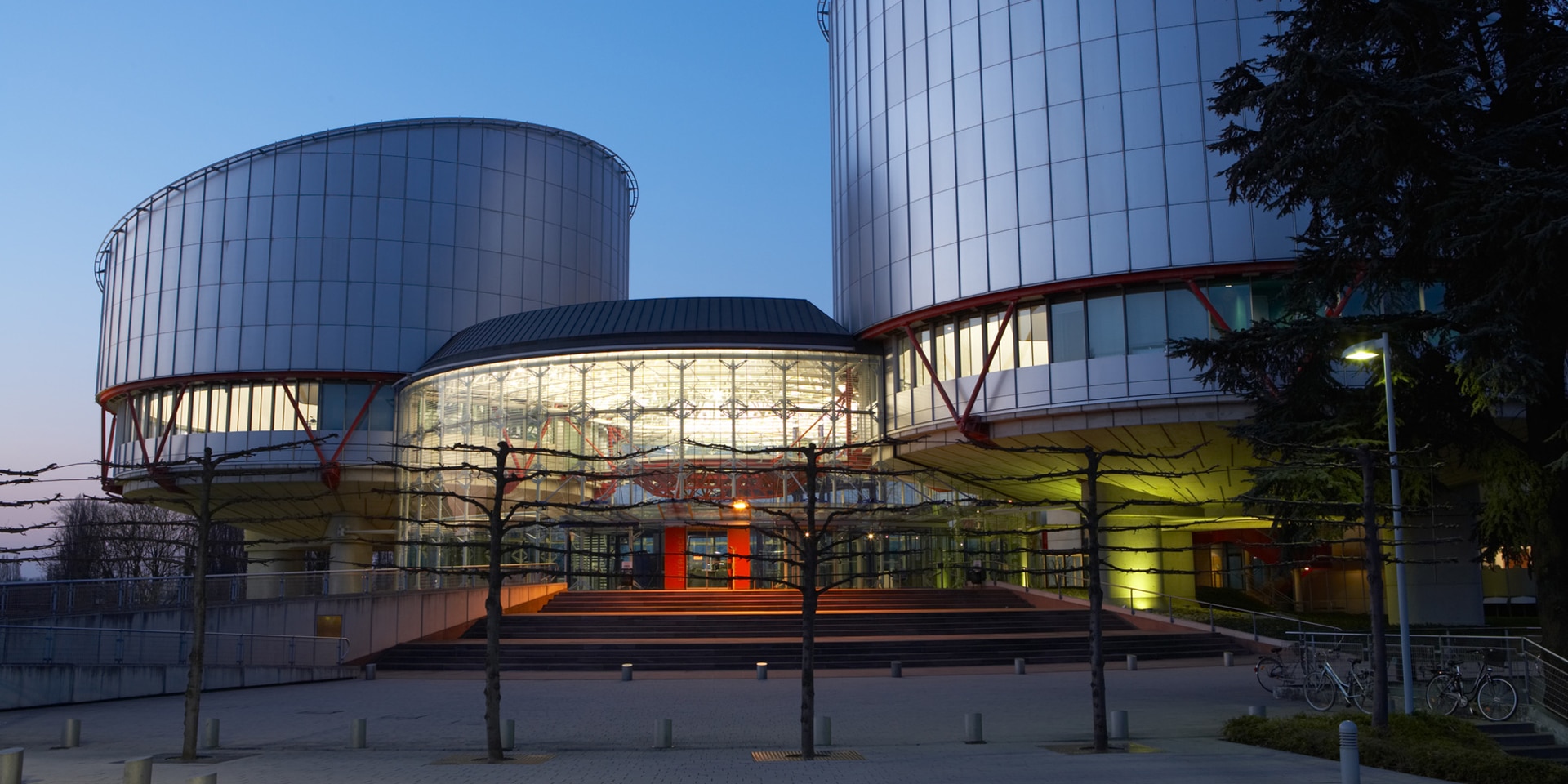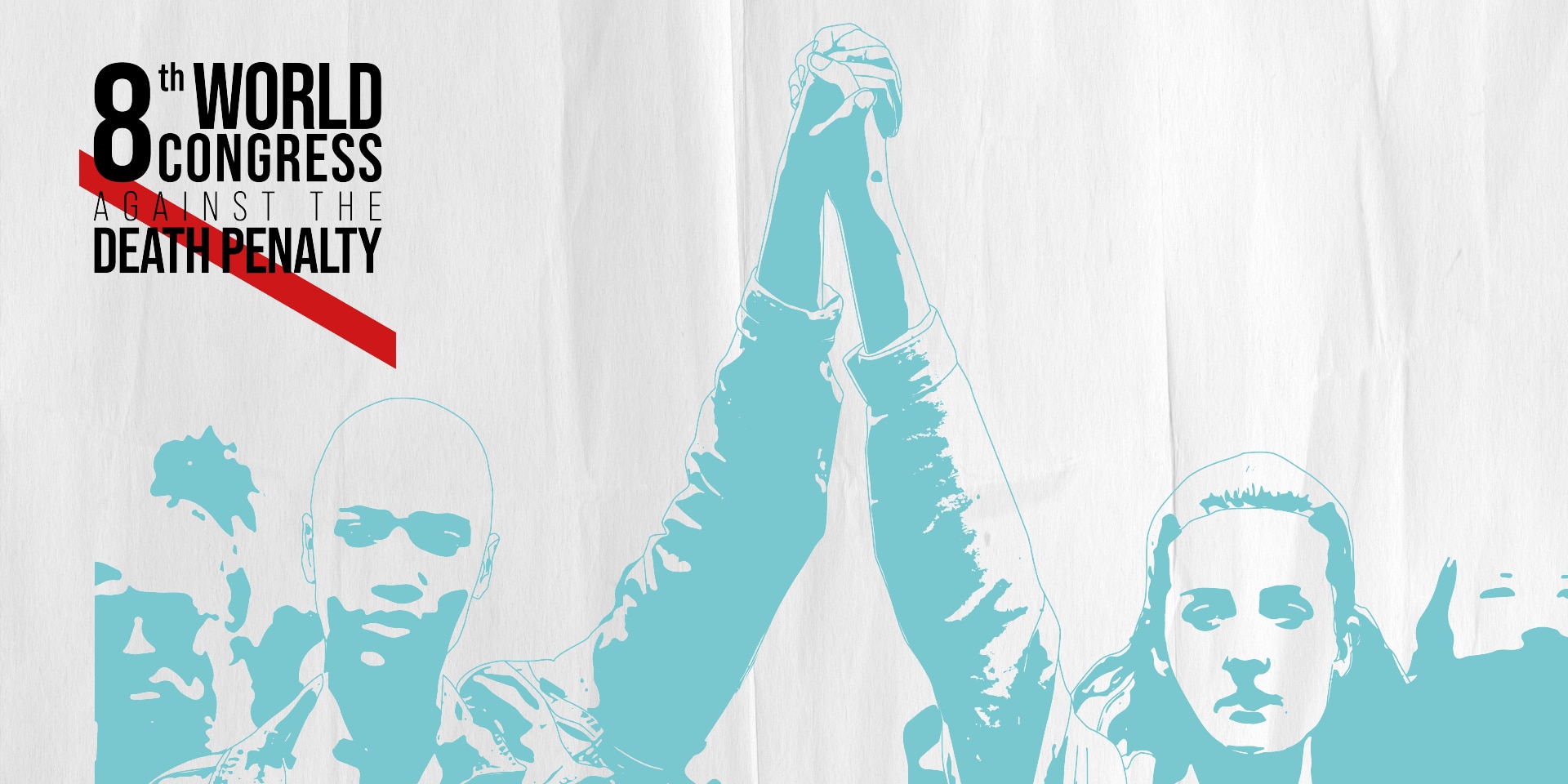Switzerland in Qatar: a commitment on and off the pitch
International Human Rights Day has taken place every year on 10 December since its inception in 1950. Because supporting human rights is one of Switzerland's key commitments, it is vital it does so effectively across all fields – including in the world of sports. On the occasion of the controversial 2022 Football World Cup, Switzerland drew attention to the issue of human rights in sport in Doha through an innovative approach that is bearing fruit.

As the home of over 70 international sports federations, Switzerland is also committed to ensuring that human rights are respected in sport at all levels. © Unsplash
"Major sporting events are moments of high emotion, capable of inspiring and uniting a diverse range of people around the world. Yet they also bring numerous challenges, including risks relating to human rights." Switzerland's ambassador to Qatar, Edgar Dörig, had this to say as he welcomed guests to the Club Suisse Doha on 25 November for a panel discussion.
The event took place the day after Switzerland won their opening World Cup match, one week into the competition. It was the ideal occasion to review some initial observations of the Human Rights Volunteers (HRV) programme, which has been deployed at this World Cup. The programme, which was set up by FIFA, is a concrete tool for monitoring human rights abuses in real time. Around 100 specially trained volunteers are tasked with collecting information on possible human rights abuses in and around the stadiums. By surveying fans and providing advice on how to submit complaints, the volunteers are making a valuable contribution to bringing potential issues to light. And Switzerland is playing a key role in the programme.
Switzerland's commitment to constructive dialogue
To help implement the programme, FIFA called on the Geneva-based Centre for Sport and Human Rights (CSHR). The centre is involved in running the project as well as training and supervising the volunteers. The project aims not only to ensure the tournament is closely monitored, but also to create an innovative model that can be used at other major sporting events. The work of the volunteers on the ground will also help promote a culture of human rights in the local communities.
The panel discussion organised by the embassy at the Club Suisse Doha provided the opportunity to draw some initial conclusions on the HRV programme. It was attended by three of the volunteers, who presented their preliminary insights to an audience of representatives of the Qatari government, sponsors, representatives of other governments and international organisations. The volunteers also shared their observations on the security, accessibility and non-discrimination planning.
Amidst calls to boycott the event in recent months, Switzerland advocated a constructive dialogue between all stakeholders and a substantive commitment to promoting human rights during the organisation and implementation of the competition. The international focus on Qatar during the World Cup can encourage the continuation of labour reforms in the country, and is the only way to ensure these reforms lead to long-term improvements. Switzerland is working closely with Qatar and a range of partner organisations to support this process. For over a decade, Switzerland has been committed to improving the working and living conditions of migrant workers in the Middle East through its support for long-term reforms in the Gulf States, including Qatar.
What is the CSHR?
The CSHR is a concrete example of how Switzerland is working to support human rights. Since 2015, Switzerland has partnered with international sports organisations, states, athletes, sponsors, NGOs and other international organisations to develop norms that ensure human rights are observed at all levels in sport.
To that end, in 2018 Switzerland began setting up the Centre for Sport and Human Rights at the heart of International Geneva. In 2021 the centre became an independent association under Swiss law, with the FDFA among its founding members.
Switzerland's work on this initiative is in line with the objectives of its Foreign Policy Strategy 2020–23 and the Human Rights Guidelines 2021–24.
Switzerland's universal commitment
Switzerland views all violations of human rights with the same degree of concern, regardless of who commits them or where they are committed. In the world of sports, this requires it to make a commitment even beyond the major sporting events. Major sporting events have a considerable social impact, which is why they must be held up as an example in all respects – before, during and after a tournament.
To this end, the guide 'The Mega-Sporting Event Lifecycle: Embedding Human Rights from Vision to Legacy' has been developed in order to mainstream human rights in the organisation of major tournaments. The guide was created under a process with the close involvement of the FDFA, which also led to the establishment of the Centre for Sport and Human Rights. It illustrates best practice in the planning, running and post-event legacy of major tournaments with a view to ensuring compliance with universal human rights. An event should create a lasting positive impact, as far as possible, and also promote human rights at international level.
In fact, sporting values can bring people together. Major sporting events can also help advance human rights by creating jobs, constructing new social housing or setting up new leisure facilities. In order to minimise the risks associated with these activities, however, human rights issues should be factored in at the planning stage early on. To this end, the guide is structured into key areas of advice to address both the potential and the challenges involved – a tool that reflects Switzerland's commitment to concrete and sustainable action, constructive dialogue and the inclusion of all stakeholders.

